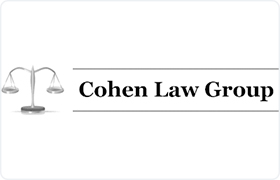Hopkinton Landlord-Tenant Lawyer, Massachusetts
Sponsored Law Firm
-
 x
x

Click For More Info:
-
Cohen Law Group
500 Commercial St Unit 4R Boston, MA 02109» view mapBusiness, Real Estate, Accident & Injury Over 50 Years Of Experience
With over 50 years of experience, the Cohen Law Group is a well-established law firm located in the heart of Boston’s historic North End.
800-790-5110
Christopher Paul Yates
Landlord-Tenant, Wills & Probate, Estate Planning, Business
Status: In Good Standing Licensed: 23 Years
 Herbert Cohen Boston, MA
Herbert Cohen Boston, MA Practice AreasExpertise
Practice AreasExpertise
